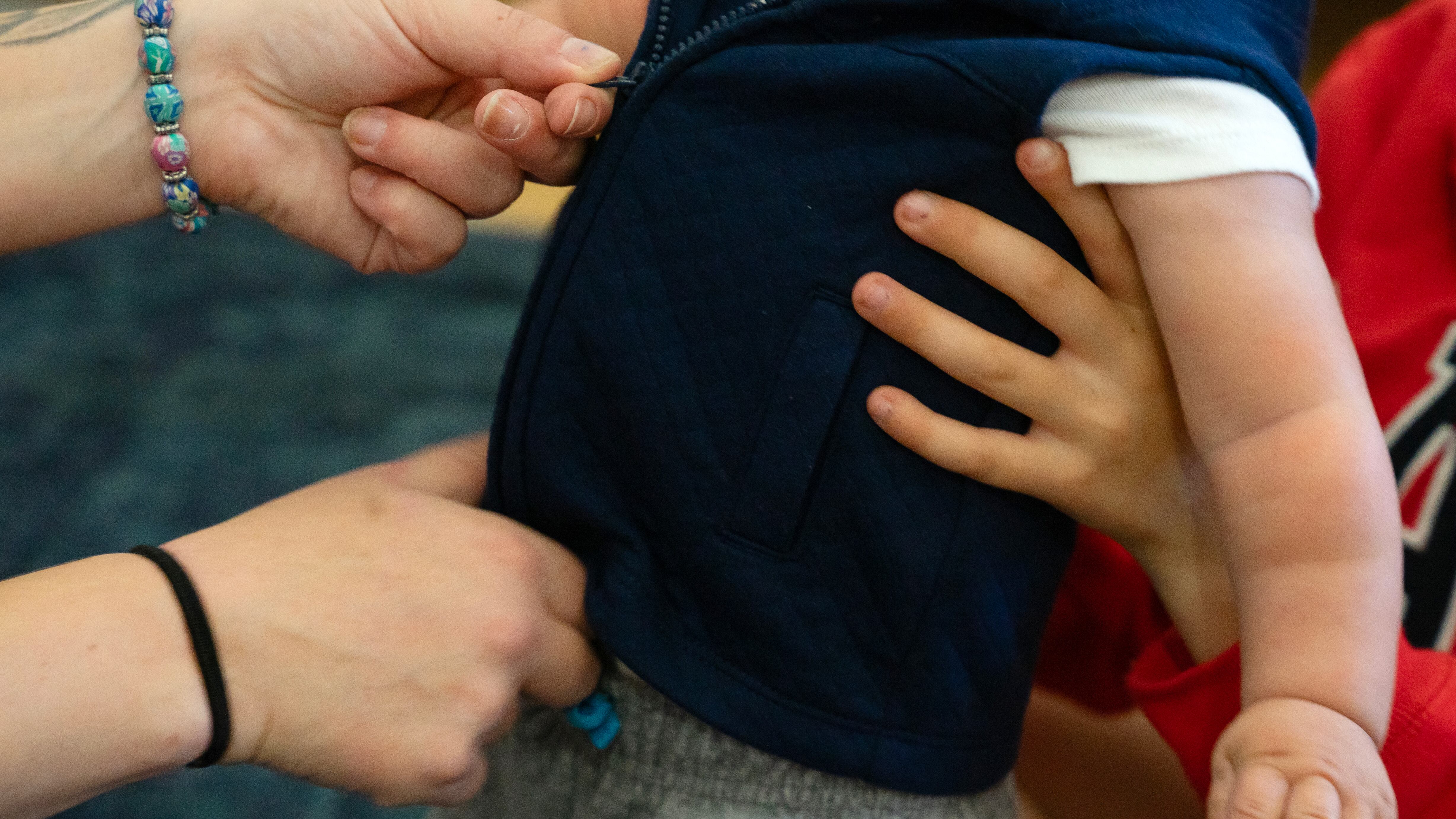The Multnomah County Board of Commissioners approved a $62.5 million spending plan Thursday for leftover money from the Metro supportive housing services tax and federal COVID stimulus finds.
It includes a $6.5 million earmark for “recovery-oriented housing,” which is notable in part because it was the topic of this week’s WW cover story, which followed the journey of two women off the streets with the help of a Southeast Portland recovery house partly funded by Measure 110.
Related: Eight Moms, One House, and a Road Map Out of Drug Addiction
Almost half of the total spending, $26.5 million, will go to “Behavioral Health Crisis, Stabilization & Housing Services,” thanks to lobbying from several of the commissioners.
“My top priority was investing in recovery & transitional housing, expanding on the model that was covered in @wweek highlighting 8 families who have been provided with a path out of addiction and into permanent housing,” Commissioner Susheela Jayapal wrote online prior to the vote.
County Chair Jessica Vega Pederson referred to the story, and one of the women in it, in her remarks yesterday prior to voting to approve the spending.
“Our actions today invest in the type of recovery-oriented housing that supports Marie and others like her, and it will help pave a path or more people like Marie, who desperately want to overcome their addictions,” she said.
The lead-up to Thursday’s budget vote was focused on a more contentious question: the results of the county’s highest-profile initiative, a four-year effort to replace Portland’s sobering and detox center. The result, as reported by The Oregonian, is more study. Commissioner Sharon Meieran, who has called the results of the initiative a “boondoggle,” voted against the entire spending package.

